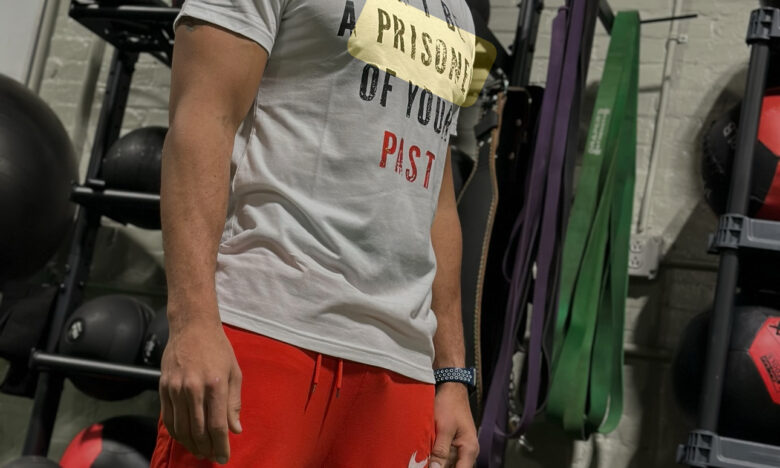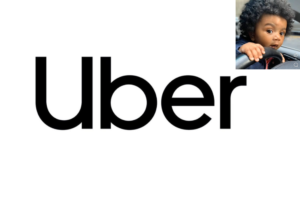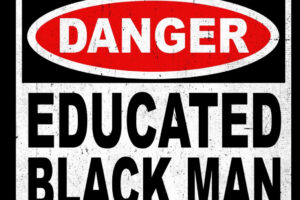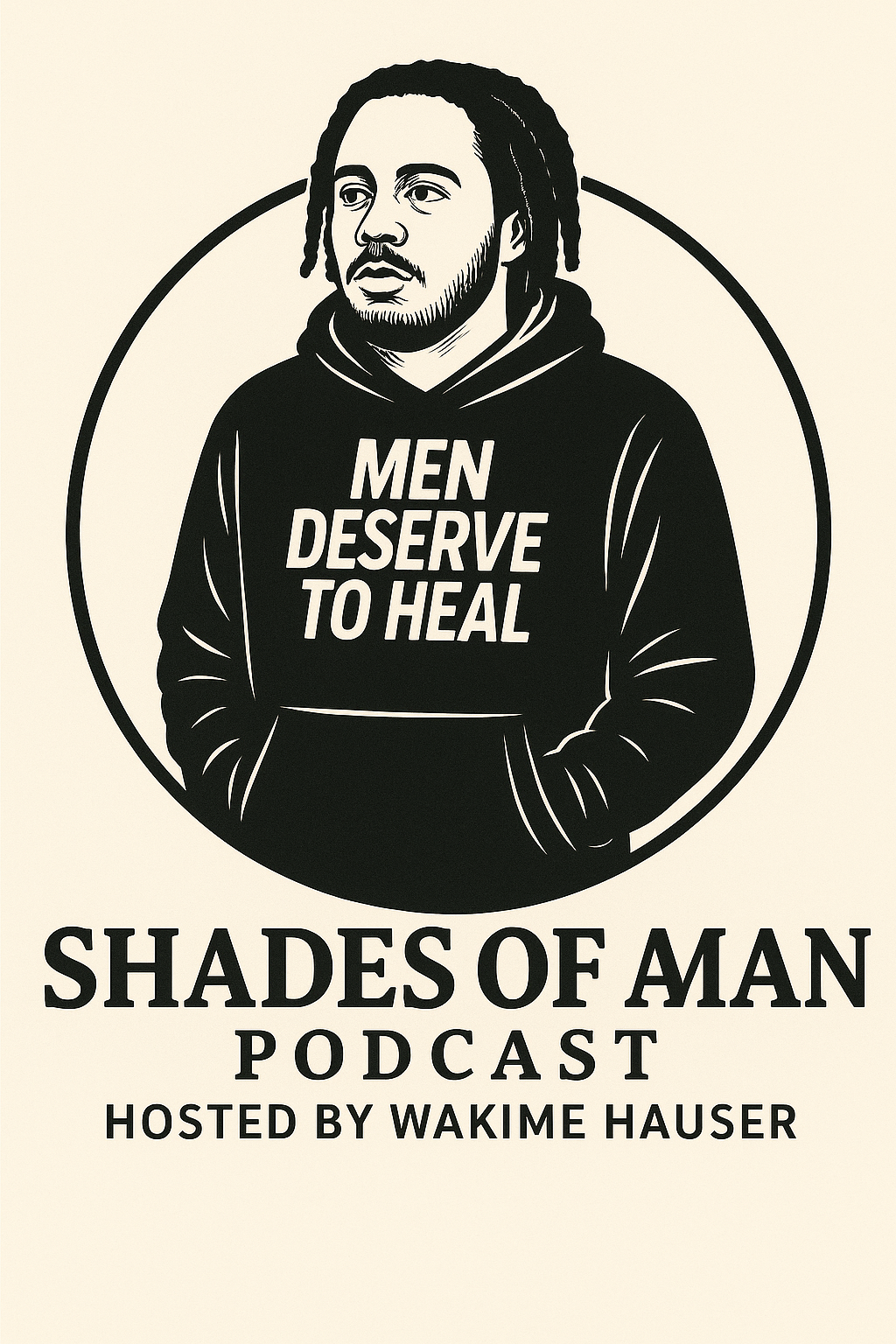Breaking Free from Mental Chains: A Reflection on Racism, White Supremacy, and Personal Accountability
One of my favorite quotes is, “I’m not a prisoner of my past.” I’ve come to realize that I’m also not a prisoner of other people’s past. Too often, conversations are dominated by mentions of racism and white supremacy, as if those two forces alone are responsible for the lives we live today. Yes, racism and white supremacy exist and should be called out when necessary. But making them the focal point of every conversation strips away the depth and nuance needed for true intellectual dialogue.
Take, for instance, someone who starts a speech by talking about white supremacy without illustrating how it plays out in present-day realities. This approach can become hollow, lacking the depth needed to connect with those who may not directly experience it. I’ve found myself wrestling with this idea—that the concept of racism can psychologically trap people who believe it is the primary force holding them back. When you believe someone or something is preventing you from getting where you want to go, you unintentionally limit your own potential.
For me, I choose not to use racism, white supremacy, or any other external force as a reason for why I am in the position I’m in today. It’s not that these systems haven’t touched me—because they have. However, many of the hardships faced by Black Americans in the past weren’t my personal experiences. Instead, I have been my own greatest enemy at times. I let the idea of racism, of white supremacy, create a barrier in my mind, which only served to limit my progress.
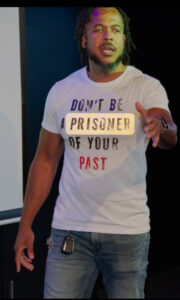
But when I stopped believing that someone or something external was holding me back, I unlocked my potential. I’ve been able to move forward, grow, and excel not because the world suddenly became more just or equal, but because I changed my mindset.
This isn’t to say that racism and white supremacy don’t exist—they do. But to make them the centerpiece of every conversation about progress is to give them too much power over our lives. Our focus should be on finding solutions, elevating conversations, and understanding the complexity of our individual journeys. By shifting the conversation away from these external forces and toward personal accountability, we reclaim the power to shape our own futures.
I’ve learned that freedom from mental chains—whether they’re rooted in race, history, or circumstance—is the key to real success. The moment we stop waiting for others to stop holding us back is the moment we take full control of our own potential. I am not defined by the struggles of those before me, nor am I constrained by the prejudice of those around me. My reality is my own, and I refuse to let the past—or anyone else’s view of it—define my future.
Let’s have deeper, more meaningful conversations. Ones that move beyond blame and into the realm of empowerment. Because real progress starts with the person looking back at you in the mirror.


